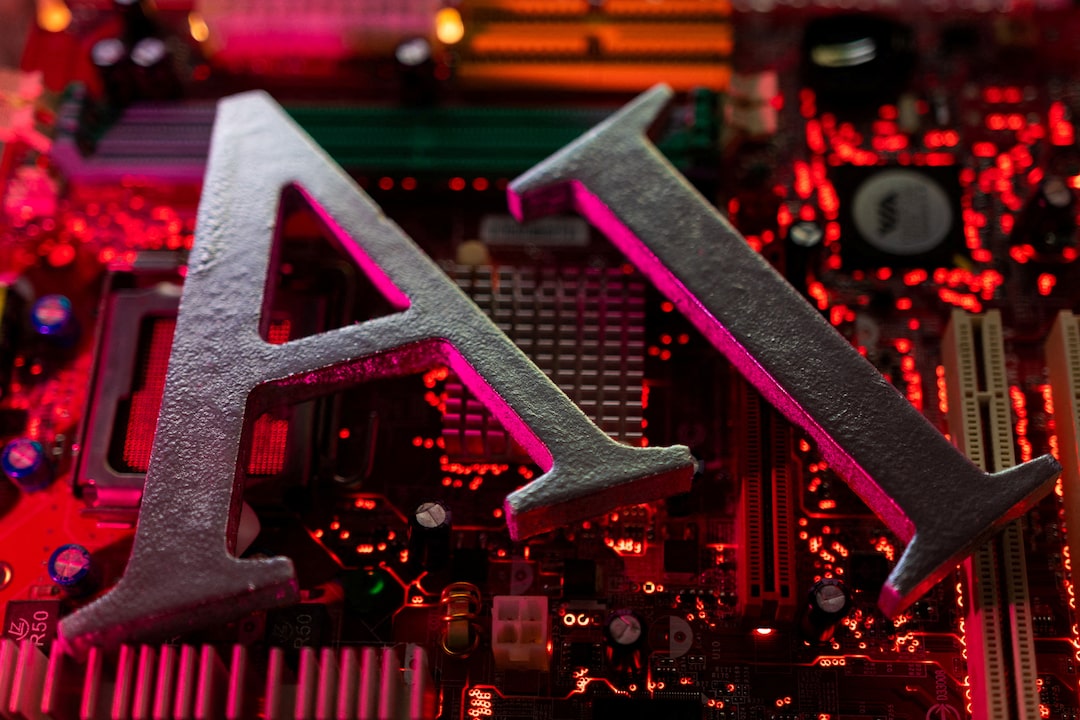Big Tech Earnings Diverge Amid Trade War
The fortunes of Big Tech companies are diverging in the rapidly changing business landscape. Demand for artificial intelligence is fueling growth in cloud and digital ads for some, while consumer electronics face challenges due to President Donald Trump’s global trade war.
Microsoft and Alphabet reported strong earnings in their March quarter, thanks to their investments in artificial intelligence. Microsoft’s Azure cloud business saw a 33% revenue jump, while Alphabet’s ad sales rose 8.5% due to AI integration into Google search. This upbeat performance contrasts with gloomy predictions from companies more exposed to tightening consumer budgets, such as chipmakers Qualcomm, Samsung Electronics, and Intel, who warned that economic uncertainty caused by Trump’s trade policies was hurting their businesses.
The split highlights how enterprise-focused firms are holding steady despite economic jitters, while a pullback in consumer spending is weighing on demand for smartphones, personal computers, and the chips that power them. Apple, which makes 90% of its products in China and generates about half its revenue from iPhone sales, could face trouble. Amazon’s e-commerce business might also be impacted, although its cloud division is expected to remain resilient.

“There hasn’t been an impact on their (Google and Microsoft’s) businesses yet because they’re not in the consumer business,” said D.A. Davidson analyst Gil Luria. “Apple is going to be impacted, there’s very little that they can do to avoid some impact due to tariffs.”
The Trump administration has spared electronics from tariffs so far, but Washington has signaled that some levies could be imposed soon. Apple plans to mitigate tariffs by shifting some iPhone production to India, but may have to absorb elevated costs. Some third-party merchants on Amazon are planning to skip the company’s July shopping event to protect profit margins.
Microsoft’s CFO Amy Hood reported consistent demand signals across their commercial businesses. The strong results from Microsoft suggest that fears of oversupply in data center capacity for AI demand may have been overblown. Microsoft plans to spend $80 billion on AI infrastructure this fiscal year and warned it remains supply-constrained.
Shares of Microsoft surged over 9%, while Meta gained 5.6%. Qualcomm fell 7.9%, although AI chip suppliers Nvidia, Advanced Micro Devices, and Broadcom saw gains between 1.2% and 3.2%.


